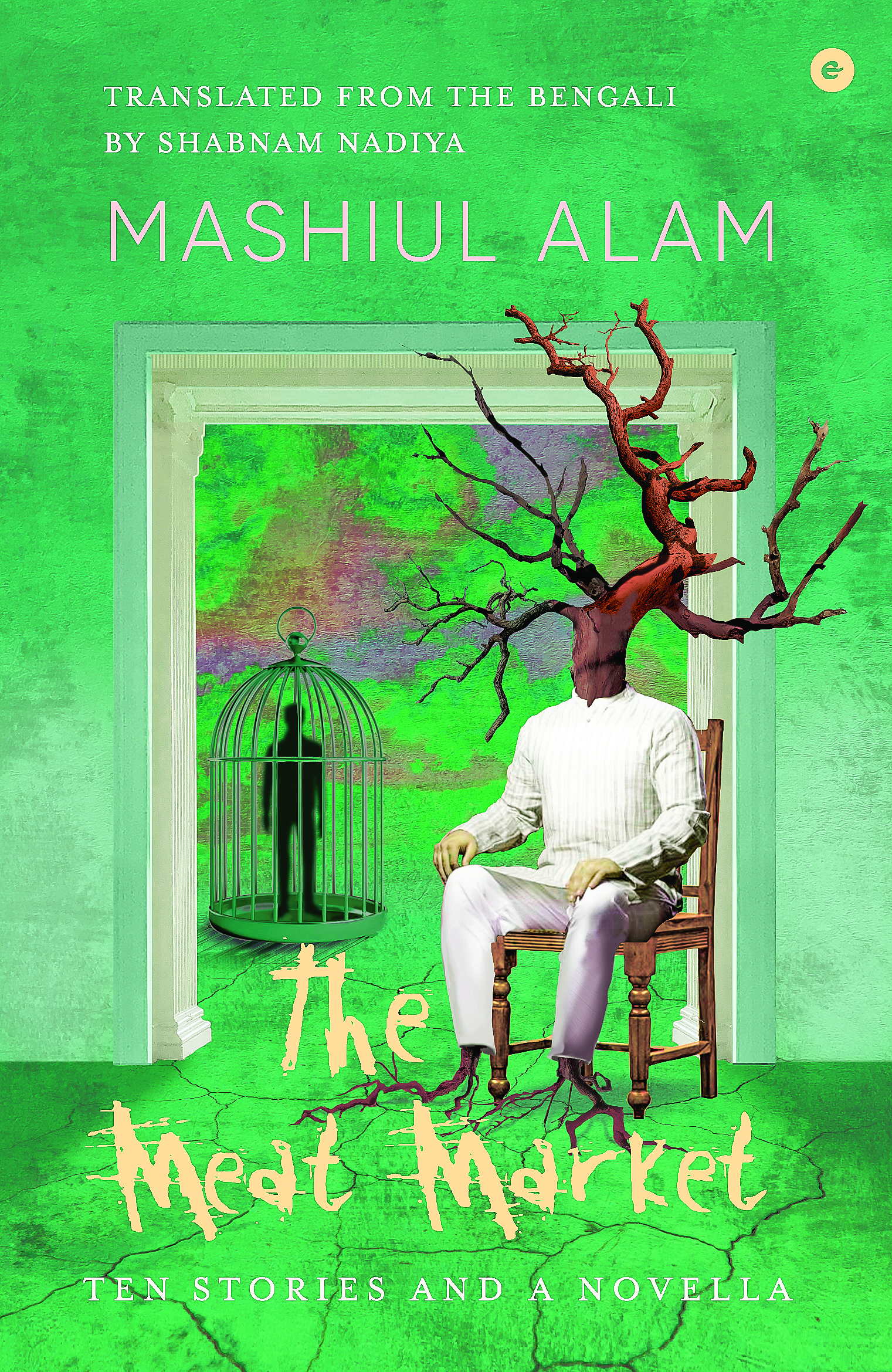
In the quaint village of Madhupur, amidst the serenity of rural life, a series of extraordinary events unfold, painting a vivid portrait of Bangladeshi society through the lens of hyper-reality. In the midst of this tapestry, Julekha, a new mother, faces the distressing reality of her breasts drying up, only for her infant to find solace in an unexpected source—a dog. This peculiar occurrence baffles the villagers, adding a surreal twist to the challenges of motherhood.
Elsewhere, the innocence of childhood clashes with the harshness of reality as little Khobir receives fifty takas from an angelic figure, only to have it snatched away by his gambling father. This poignant tale highlights the stark juxtaposition between purity and corruption, innocence and exploitation, within Bangladeshi familial dynamics.
The narrative takes a darker turn with the story of journalist Jamil, who grapples with the chilling news of a brutal crime in his hometown of Roop Nagar. As the communication lines are severed following the heinous act of a girl being gang-raped, hacked, cooked, and consumed by young men, Jamil confronts the grim realities of violence and censorship plaguing his community.
Meanwhile, Modhu, a destitute farmhand, embarks on a journey to Dhaka in search of livelihood, leaving behind a fractured domestic life marred by infidelity. His wife’s seduction by a neighbor underscores the complexities of human relationships and the harsh realities of poverty and temptation.
Amidst these tales of adversity and resilience, the narrative takes a surreal turn with the story of Aminul Islam, who meets a tragic end at a butcher’s shop while protesting against the adulteration of meat. This allegorical tale sheds light on the rampant corruption and moral decay that permeate Bangladeshi society.
Mashiul Alam’s storytelling transcends the boundaries of conventional realism, delving into the realm of magic and surrealism to explore the multifaceted complexities of Bangladeshi life. His prose is sharp, precise, and intensely political, offering a poignant commentary on the socio-economic and cultural landscape of the country.
Translator Shabhnam Nadiya aptly captures the essence of Alam’s work, describing his stories as rooted in the familiar yet imbued with magical and surreal elements that disrupt the reader’s perception of reality. With “The Meat Market,” Westland/Eka introduces readers to the brilliance of Bangladeshi literature, showcasing Mashiul Alam as a world-class writer whose narratives resonate with universal themes of humanity, resilience, and social justice.















